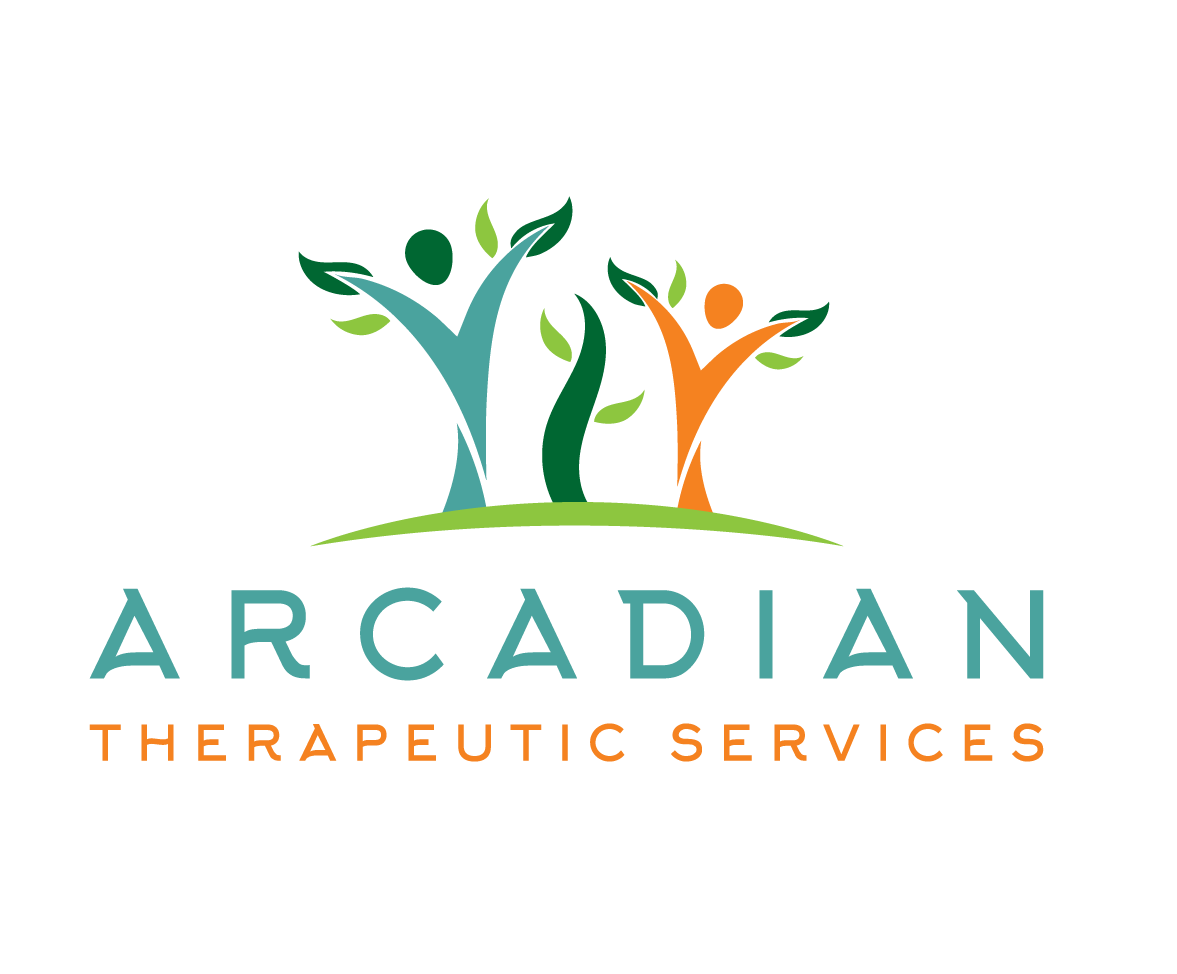BIPOC Mental Health Awareness Month
Happy BIPOC Mental Health Awareness Month!
You may be wondering “What is BIPOC Mental Health Awareness Month?” Since July 2008, it has been recognized as National BIPOC Mental Health Awareness Month. This month was created to highlight the unique issues underrepresented and marginalized groups face and the difficulties in finding mental health care and helping BIPOC communities receive treatment.
BIPOC stands for Black, Indigenous, and People of Color. This new term helps empower and honor the experiences of the people of these communities. Also, changing the term to BIPOC when addressing all racial and ethnic minorities is a simple way to help fight racial injustice and reframe how we understand social issues.
More than 1 in 5 Americans live with mental illness and mental illness is the leading cause of disability.
For instance,
There are at least 2.9M Asian/Pacific Americans living with mental health conditions.
About 20% of South Asian Americans will experience an anxiety or mood disorder in their lifetime.
Almost 18.7% of American Indian/Alaskan Natives (AIAN) have experienced a mental health condition in the past year.
More than 7 million Black and African Americans in the U.S. are living with mental health conditions.
Almost 10 million Latinx/Hispanic individuals in the U.S. are living with mental health conditions.
About a quarter of people identifying as two or more races have reported experiencing a mental health condition in the last year.
About 31% and 33% of Black and Hispanic people with mental illness receive the help they need.
Only 25% of Asian Americans and Pacific Islanders with mental illness receive counseling.
As defeating as those numbers may be, it shows that there is a true need to help BIPOC communities. There are many easy and accessible ways that you can be an ally in helping BIPOC communities in improving their mental health. It can be confusing how to become an ally, but we have some helpful hints to start your journey in understanding your role as an ally to other marginalized communities.
You can start by educating yourself. Before you jump into a role of social action, you can start by educating yourself. It is important that you learn about the history of underprivileged communities and the obstacles that they face today. Do not rely on BIPOC individuals to educate you since explaining the history of systematic oppression can be exhausting. Instead, do your own research about the movement and/or group you want to ally yourself with.
Start listening! One of the best ways to better understand and help BIPOC communities is to listen to what they are saying. Listen to local or national speakers of organizations. Try to attend meetings or gatherings and be attentive. Try to approach it as an opportunity to grow, rather than an attack. If you do have friends who belong to a marginalized community and have made the decision to discuss their experiences with you, listen to them and offer support.
Try to get comfortable with being uncomfortable. Change is never easy. It can be difficult to voluntarily give up comfort. However, to work towards being an ally and evoke real change, we need to grow comfortable with the discomfort in being an advocate. Having to speak up when you know something is wrong is never easy. Use your next gathering as an opportunity to challenge peoples’ beliefs, and speak up for those who are not there. These conversations may be uncomfortable, and leave you feeling vulnerable. However, the more you speak out, the more you’ll help members of the BIPOC community.
Show up in an authentic way! Show up for BIPOC communities in ways that it is meaningful for their cause. To be an ally requires you to consistently re-evaluate your role in supporting BIPOC communities and the reasons behind your actions. Make sure your actions are not engaging in performative allyship where you are using the struggles of others to make yourself look like a better person. Be authentic in your reasons for showing up!
By Jordan Adane, Candidate for Masters in Clinical Mental Health Counseling
